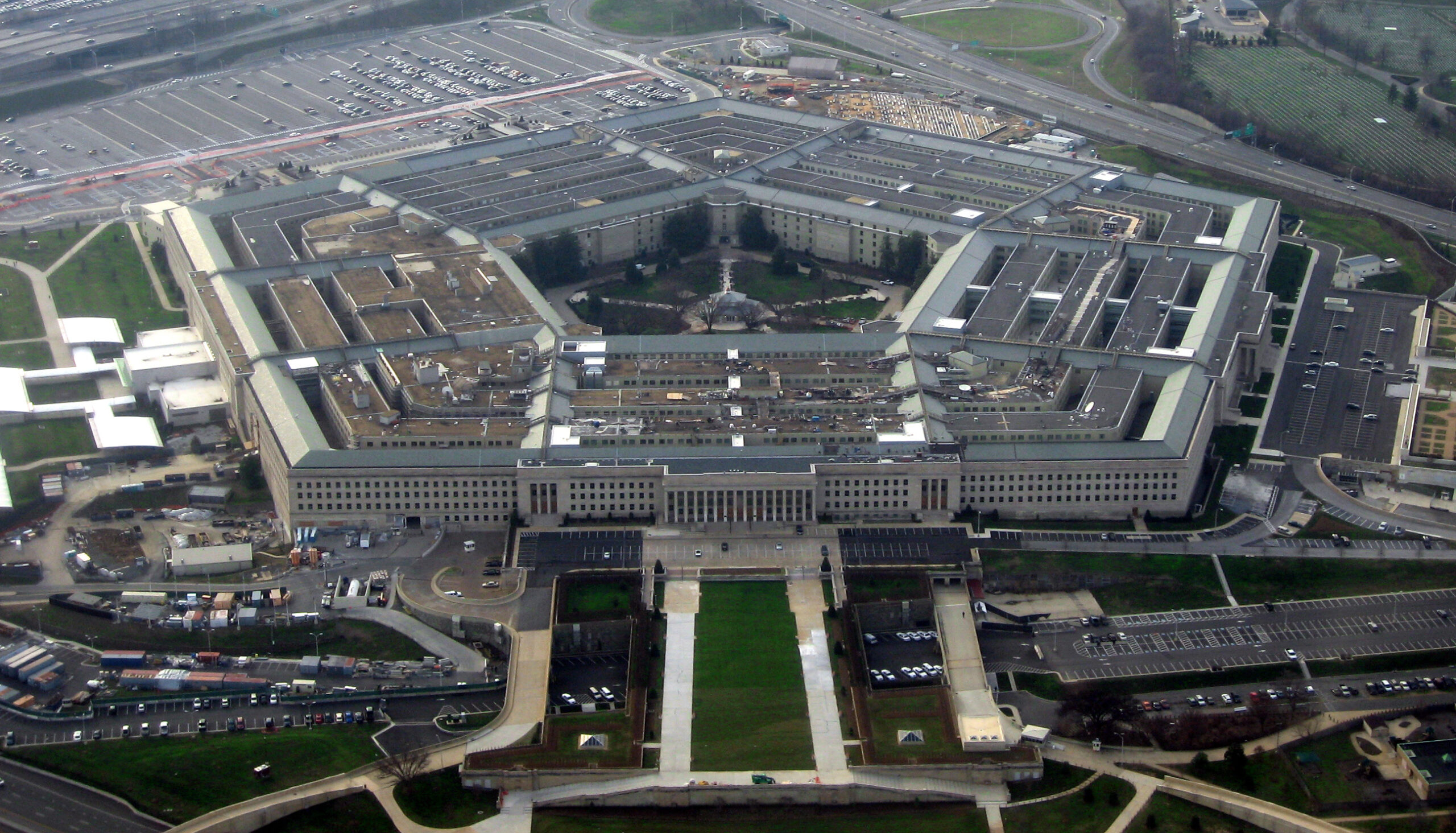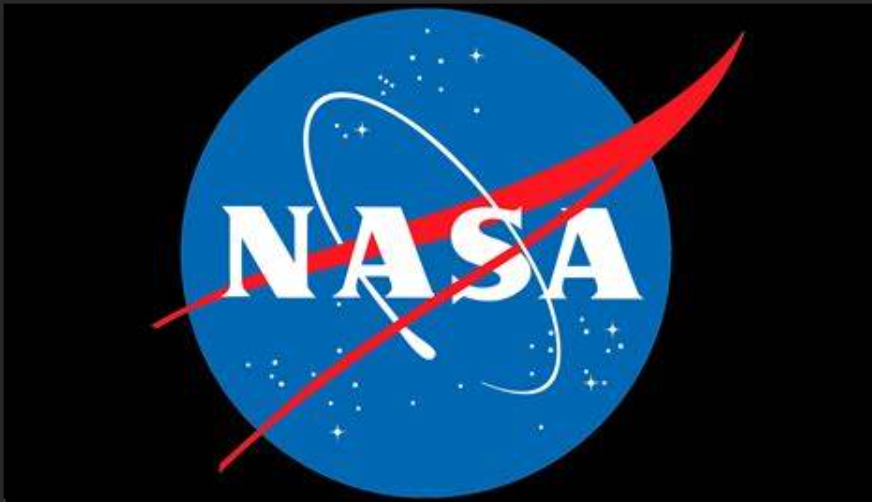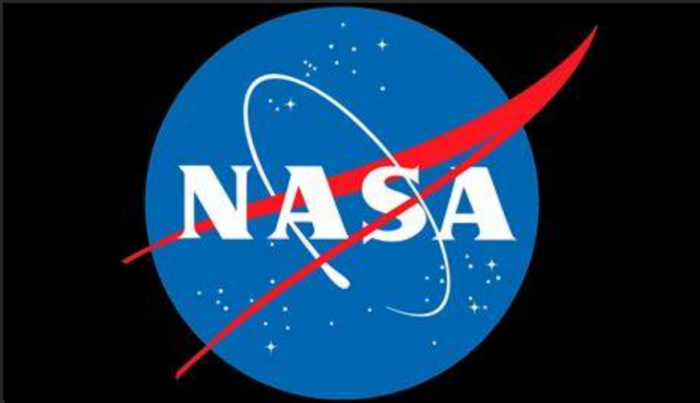Insider Brief:
- The U.S. Department of Defense has selected Blue Origin, SpaceX, and United Launch Alliance to compete for contracts under a new $5.6 billion National Security Space Launch program.
- These contracts, spread over the next five years with a potential extension for another five years, will support the launch of critical national security satellites into orbit.
- The trio will compete for at least 30 more missions under the new NSSL Phase 3 program, which will run through June 2029.
The U.S. Department of Defense has announced the selection of Blue Origin, SpaceX, and United Launch Alliance (ULA) to compete for contracts under a new $5.6 billion National Security Space Launch (NSSL) program. These contracts, spread over the next five years with a potential extension for another five years, will support the launch of critical national security satellites into orbit.
Jeff Bezos’ Blue Origin is the most recent company to join industry titans SpaceX and ULA in the running for the NSSL defense contracts. Although Blue Origin hoped to compete alongside SpaceX and ULA in previous years, it was not selected and its protest was unsuccessful. The company now has a significant opportunity to prove its capability with its yet-to-launch New Glenn rocket. Blue Origin aims to conduct its first New Glenn flight by the end of this year, positioning itself for future national security launches.
SpaceX, renowned for its reusable Falcon 9 rocket, and ULA, known for its dependable Atlas V and the new Vulcan rocket, remain key players in this arena. Both companies have been the Pentagon’s go-to for national security launches from 2020 to 2024, during which they have been awarded 48 missions. They now look forward to competing for at least 30 more missions under the new NSSL Phase 3 program, which will run through June 2029. The Space Force requires these companies to either have flown their rockets by December 15, 2024 or to have a credible plan to do so by that date.
The NSSL Phase 3 program, managed by the U.S. Space Force, is divided into two lanes:

Lane 1 focuses on rockets with fewer stringent requirements and allows more novel or specialized rockets for national security missions. This category aims to stimulate competition and includes companies like Blue Origin, which will receive an initial $5 million for a capabilities assessment.
Lane 2 targets rockets capable of meeting a broader range of complex mission requirements. The contracts for Lane 2, which include more demanding launches, are expected to be awarded this fall to three rocket companies.
In addition to the main competitors, emerging launch companies will have further opportunities to bid for future missions in 2025. This inclusion is part of the Pentagon’s effort to diversify the U.S. launch industry and foster more competition and innovation in national security space missions.
This strategic move by the Pentagon is part of a broader effort to enhance the resilience and capabilities of U.S. space operations. Brigadier General Kristin Panzenhagen of the Space Systems Command noted that although the pool of awardees is currently small, more companies will have matured their launch capabilities by the next selection round in 2025. She stated that “our strategy accounted for this by allowing on-ramp opportunities every year, and we expect increasing competition and diversity as new providers and systems complete development.” The inclusion of Blue Origin, alongside the established SpaceX and ULA, is proof of the growing landscape of competition and innovation in the U.S. space industry.
Share this article:








